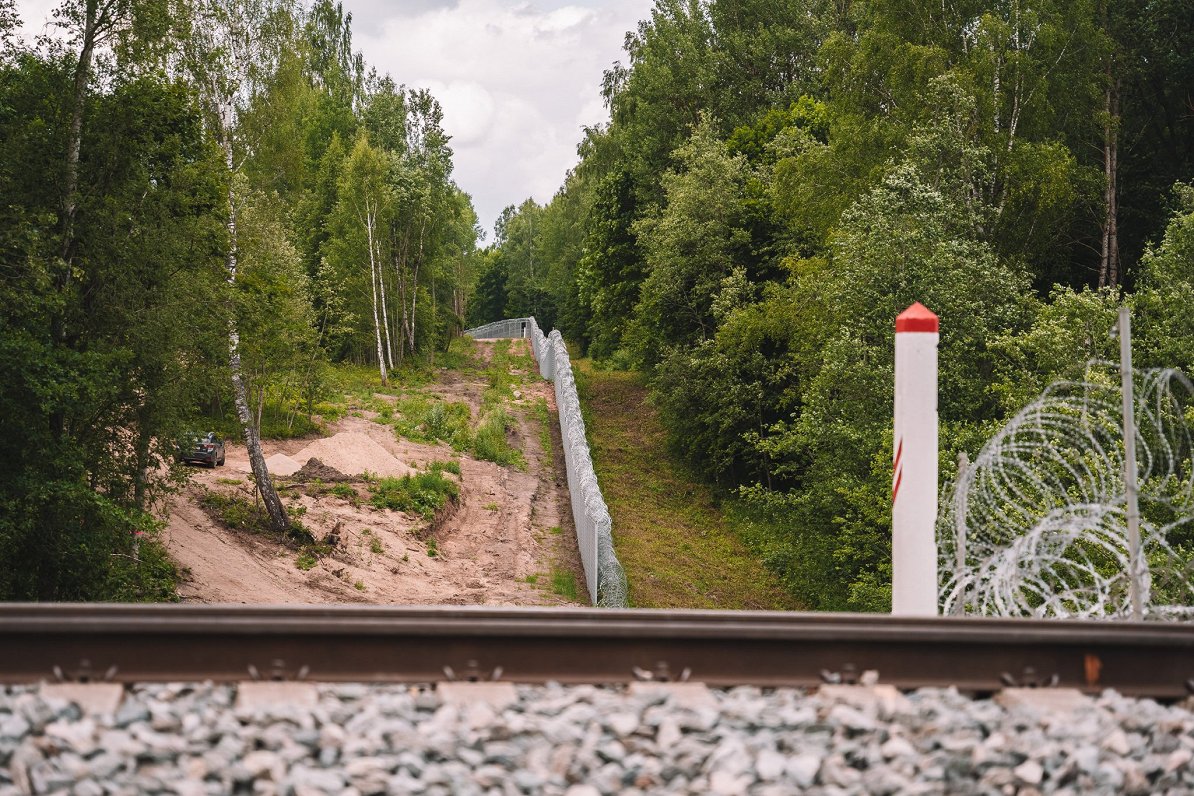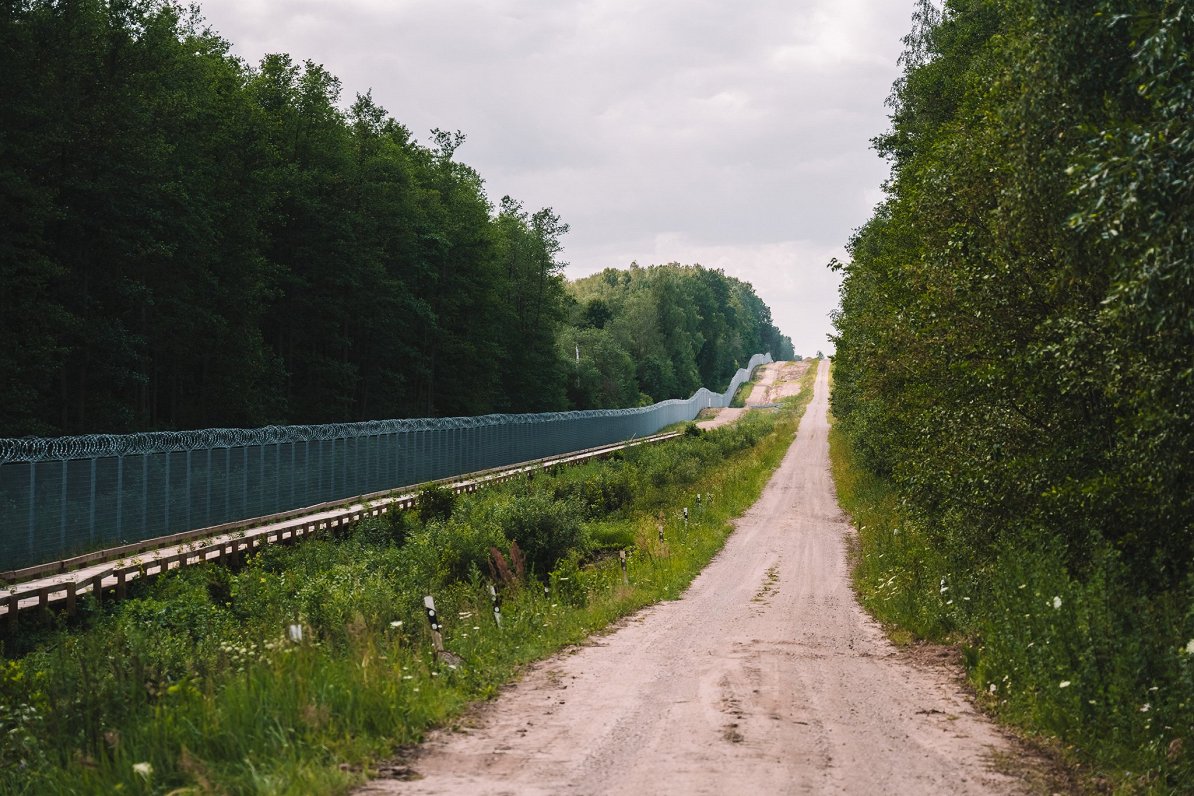In total, about 180 kilometers of fence remain to be built, and the final construction date is not yet clear.
Griškevičs stated that currently VNĪ is taking over the construction works of the fence from the State Security Agency, including about 50 kilometers of fence that have already been completed.
The project will be divided into several stages, said the chairman of the board of VNĪ. The works are expected to start only at the end of this year.
In the first stage, an audit of the ordered works will be carried out, and in the second stage, the section of the fence built so far will be assessed and repaired as necessary, as natural wear and tear can already be observed.
The third phase will be the construction of the new fence, and the technical specification is currently being worked on so that the procurement process can be announced at the end of August.
Although the fence on the Russian border is a national priority, it is too early to talk about possible construction deadlines, Griškevičs said.

Meanwhile, the deadline for building a fence along the border with Belarus is clearer. Griškevičs stated that the goal is to complete it by the end of 2024.
In the first round of works, it is planned to build 86 kilometers of fence, of which about 67 kilometers have been built so far. In the second round of works, 65 kilometers of fence must be built, and deforestation of the territory is currently under way.
Construction of the fences in the most difficult swampy areas will take place next spring. "By mobilizing resources, it is possible to build the entire fence by the middle of next year," Griškevičs said, explaining that preparatory work such as land expropriation and deforestation take up about 70% of the time spent on the project, with actual construction relatively swift by comparison.
Speaking about the strength of the fence and the possibility of illegal border crossers damaging it, Griškevičs pointed out that the fence in Latvia is similar to the one built in Lithuania. At the same time, he emphasized that the function of the fence is preventive but is not a military defensive rampart.
"It's not a wall," Griškevičs said, pointing out that it can only function in conjunction with "smart equipment" such as surveillance cameras.
The project envisages the construction of a 173 km long Latvian-Belarusian border fence. The first phase of the construction of the fence with a length of 85.9 km will be completed by the fall of 2023, while the second phase with a length of 63.9 km and the third phase with a length of approximately 16.7 km will be completed by the end of 2024.
The total cost of construction and related services and works of the first two rounds of border infrastructure construction is 102.7 million euros (including VAT). The budget (construction works, related works and services) of six communication towers with access roads to be built within the third round is planned to be around 3.6 million euros. It is planned to cover the costs with the support of European Union funds.
























